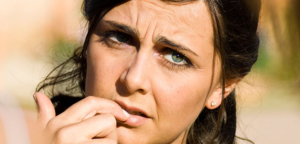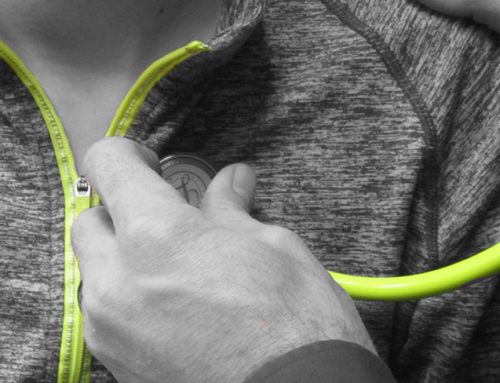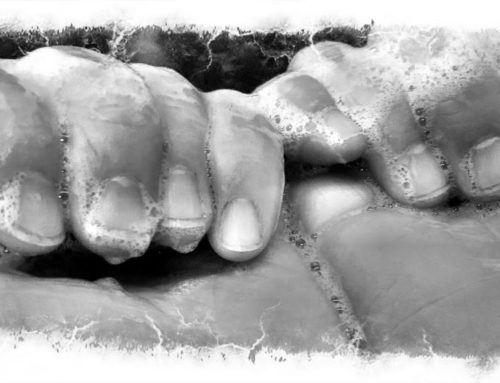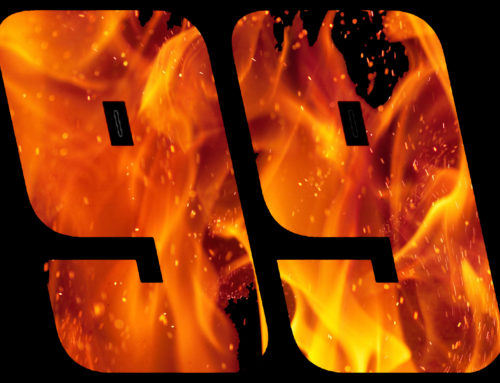Living with Anxiety

There are several options available to treat anxiety disorders including: therapy, medications and supplements, self-care, acupuncture, and transcranial magnetic stimulation.
Therapy sessions with a licensed health care professional may involve psychotherapy, or “talk therapy”, cognitive behavioral therapy, and/or group therapy and all can be very helpful for reducing anxiety and treating the underlying cause of the disorder.
While medications and supplements can be useful, they only treat the symptoms and will not cure the disorder. Medication options include antidepressants, anti-anxiety medications, and beta blockers. Some helpful herbal supplements are kava, passion flower, and chamomile. You may also consider increasing your intake of magnesium, B vitamins, vitamin D (especially, in winter), and GABA as these nutrients have been shown to be low in people with anxiety. Make sure to discuss all medication and supplement options, side effects, and drug interactions with your doctor before trying anything.
Transcranial Magnetic Stimulation is a newer, safe, non-invasive option that uses a magnetic field to create a small electric current in a part of the brain involved in mood regulation.
Several studies have found acupuncture to be helpful for treating anxiety and stress, especially for people who have had poor success with other treatments. Acupuncture has been shown to promote relaxation, positively alter the brain’s mood chemistry, reverse stress induced changes in the body, and help turn off the “analytical” side of the brain.
Relaxation techniques can be a great self-care tool and there are several different options available. Deep breathing alone or as part of another relaxation practice can be a powerful relaxation technique. Tai chi, yoga, and rhythmic exercises (running, dancing, walking, rowing, climbing) can be helpful if you become depressed, withdrawn, or spaced out when you are anxious while meditation, progressive muscle relaxation, and visualization maybe more useful if increased anxiety causes you to feel angry, agitated, or excitable. This site has great tips on practicing these self-care techniques. An important thing to remember with self-care techniques is that you probably won’t automatically be good at doing them, which is why it’s called a “practice”. Be patient with yourself and don’t give up if you feel like you can only do it for a minute or two at first.
Most importantly, don’t forget to cut yourself some slack. Having an anxiety disorder is not a character flaw, it is an illness that can be helped with support from your medical practitioners, family, and friends. You can take control of your anxiety!
For more information on the effects of acupuncture on anxiety, see our awesome video below.
References
- Acupuncture for Anxiety
- NIMH Anxiety Disorders
- Anxiety and Depression Association of America
- Transcranial Magnetic Stimulation for Anxiety and Depression
- Natural Supplements for Anxiety
- Relaxation Techniques
- Lakhan, S. E., & Vieira, K. F. (2010). Nutritional and herbal supplements for anxiety and anxiety-related disorders: systematic review. Nutrition Journal, 9, 42. http://doi.org.uws.idm.oclc.org/10.1186/1475-2891-9-42
- Mao, J. J., Xie, S. X., Keefe, J. R., Soeller, I., Li, Q. S., & Amsterdam, J. D. (2016). Long-term chamomile (Matricaria chamomilla L.) treatment for generalized anxiety disorder: A randomized clinical trial. Phytomedicine, 23(14), 1735-1742. doi:10.1016/j.phymed.2016.10.012
- Image





Leave A Comment
You must be logged in to post a comment.